5 Regressive Indian Wedding Rituals That We Need To Re-Invent Right Now
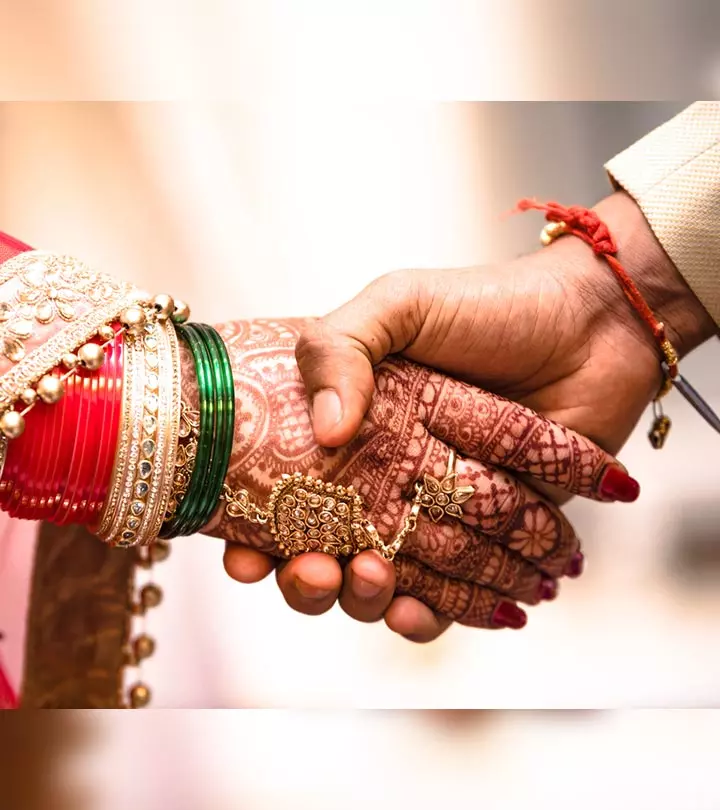
Image: iStock
Let’s be honest. Big Fat Indian weddings are mostly about the pomp and show of it. From bridal shopping sprees to wedding banquets and interacting with vendors, there’s barely any time for the bride and groom to enjoy each other’s company. But that’s not all; there are also plenty of regressive marriage traditions that are not only disrespectful to the bride and groom but to their parents as well. And all of these are marked under the “it’s our culture” and “it’s our tradition” tag. While we’re not saying that every couple who decides to get married gives into these traditions, there are plenty who still do. You might have even spotted some of these traditions in your own family or in others’ families. So here is a list of five of the numerous regressive marriage traditions that are still prevalent in many Indian weddings:
1. Giving The Bride To The Groom’s Family (Kanyadaan)
Many wedding traditions involve the father of the bride “giving her away” to the groom’s family. This tradition goes back to the fact that many women were perceived as property to be given away to another family once they reached “marriageable age”. Sure some people may find it as emotional and or see it as a rite of passage. If this is the case, why doesn’t the groom’s father give him away? Many may argue that it is a ritual that sees women as “precious treasures” that their fathers give away to the groom’s family. Why does a daughter need to be given away? Is she no longer a part of her own family after marriage? Due to traditions like this, it is seen as shameful when a bride chooses to return home to stay with her family for some time after the wedding nuptials. If the bride has lost her father or doesn’t have a father, her brother or another close male relative will give her away. However, there have been plenty of pathbreakers recently where the mother of the bride gives her away, but that doesn’t change the fact that this tradition is rooted in patriarchy. Maybe instead of the father giving the bride away, the father of the bride could just give an emotional speech about what his daughter means to him. Or the mother of the bride should do it if the father is not around.
2. Kashi Yatra
The whole concept of Kashi Yatra is supposed to be comical. The groom basically pretends like he is disinterested in getting married to the bride, packs up all his belongings, including his umbrella, and runs away from the venue. The father of the bride is supposed to chase after him and basically beg the groom to come back and protect his daughter’s honour by marrying her. The bride is just supposed to stay indoors, waiting for her groom to return. Not only is this tradition disrespectful towards the bride but to her father as well. Why would you want to make a sixty-something man chase after you? Why do people think coaxing someone into marrying them is funny? And if this is such a “fun ritual”, why can’t the genders be replaced and the bride runs away from the family?
3. Mother-In-Law Washing The Groom’s Feet
In many wedding traditions, the mother of the bride is expected to wash the feet of the groom to welcome him into the family. It seems incredibly disrespectful to expect someone of around the same age as your own parents to come and wash your feet. In Assamese weddings, it is the sister of the bride or her closest female family member who is expected to wash the groom’s feet.
4. Bride Changing Her First Name After Marriage
In some wedding traditions, the bride is made to change her first name to suit the stars of the groom. So not only does she have to change her last name and middle name to her husband’s name, but now he gets to decide what her new name is? In many customs, people write the name on a plate filled with rice. It’s prevalent even amongst seemingly progressive cultures and communities. We’re glad that so many people are choosing to nip this tradition in the bud. Just because someone has gotten married doesn’t mean that they have to change their entire identity.
5. Manglik Bride
One of the most bizarre traditions celebrated in Hinduism is the concept of women being born under an astrological combination (Mangal Dosha) being tagged as unlucky. These women are referred to as “Mangliks”, and people believe that if a man marries a woman who is Manglik, he will die or the marriage will fall apart. So to “remedy” this, a ceremony called a Kumbh Vivah is performed. In this ceremony, a woman marries a banana tree, a peepal tree, a dog (in some bizarre cases) or an idol of Vishnu. This is performed before the actual nuptials to break the curse. Model and actress Aishwarya Rai Bachchan allegedly underwent this ceremony before she wed Abhishek Bachchan in the year 2007.
While these are only some of the bizarre and regressive marriage traditions in India, there are plenty more that are even crazier. It’s about time that people got together to abolish and alter so many of these dehumanising traditions and saw both the bride and groom as equal. Did you enjoy reading this article? Do let us know if you would like to see part two of this topic!
Read full bio of Niharika Nayak



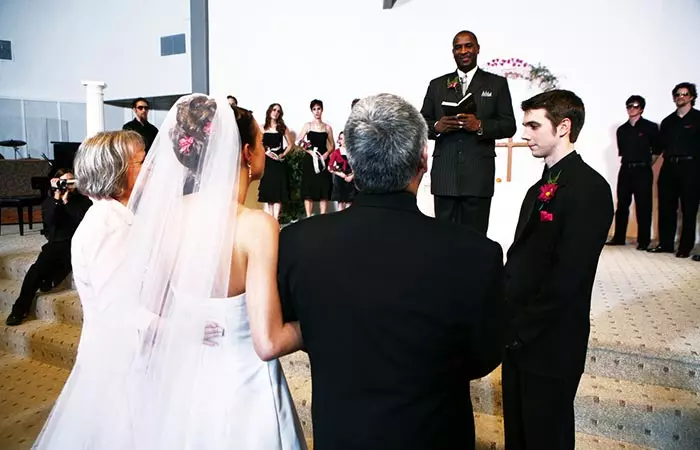
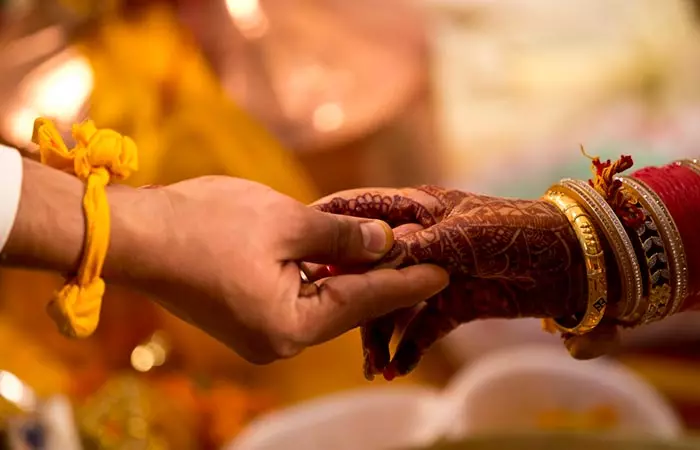
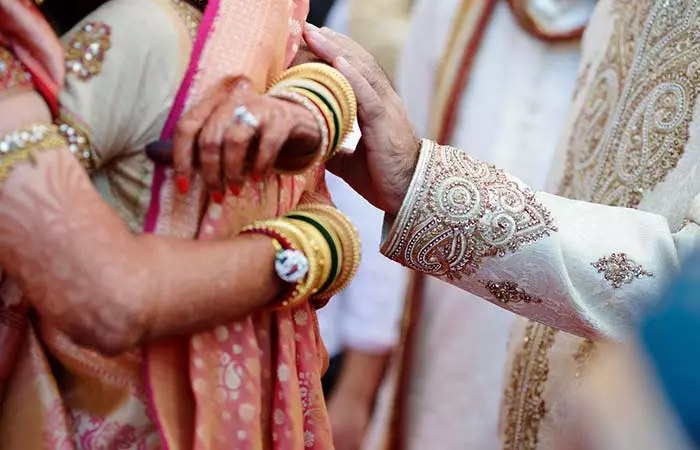
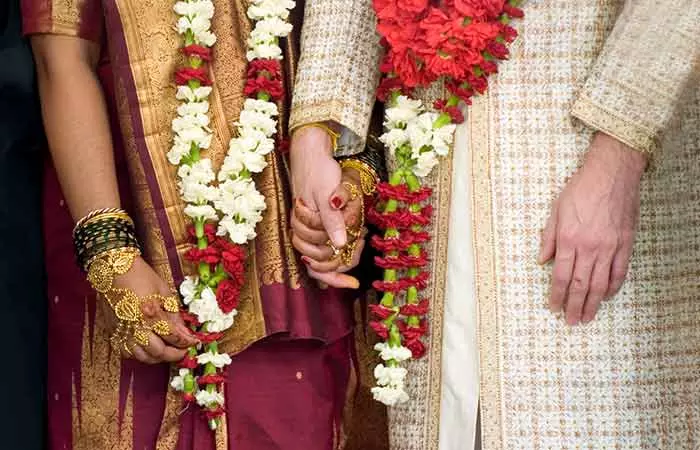
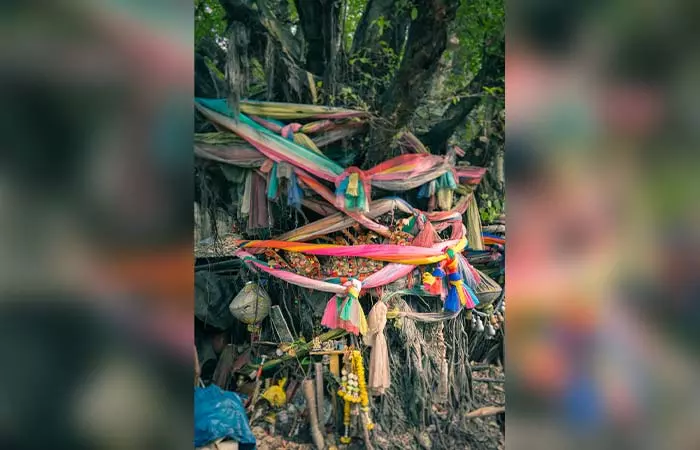
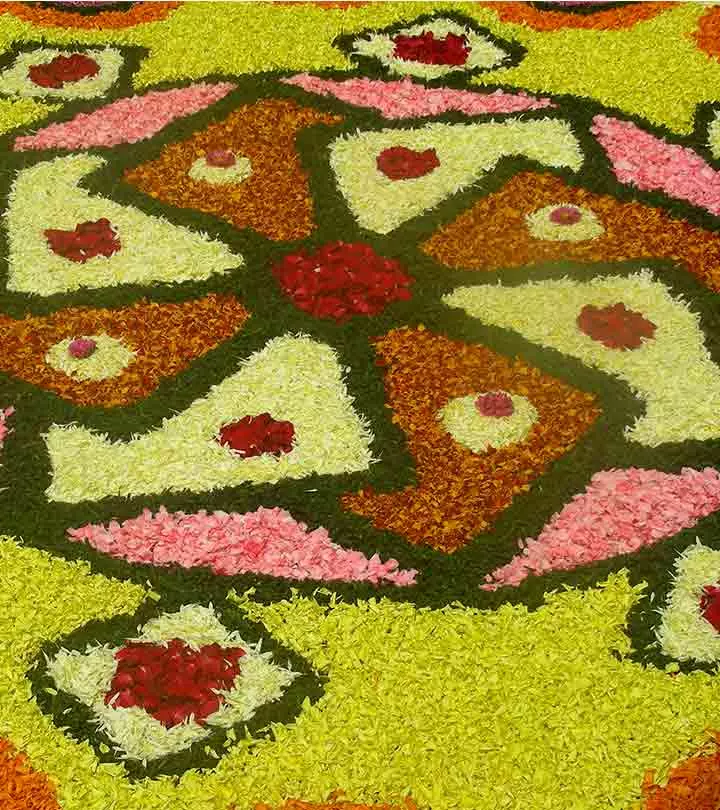

Community Experiences
Join the conversation and become a part of our empowering community! Share your stories, experiences, and insights to connect with other beauty, lifestyle, and health enthusiasts.